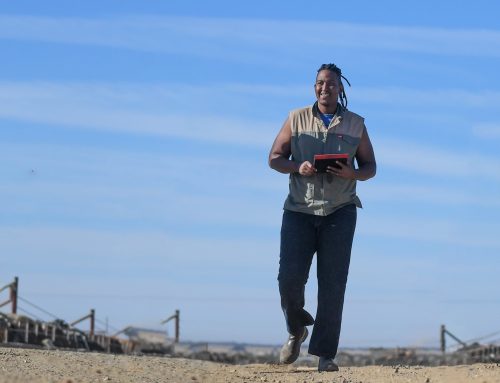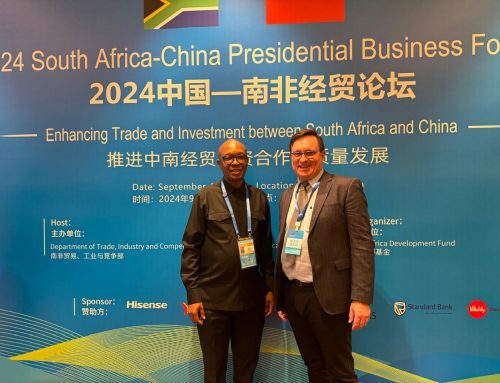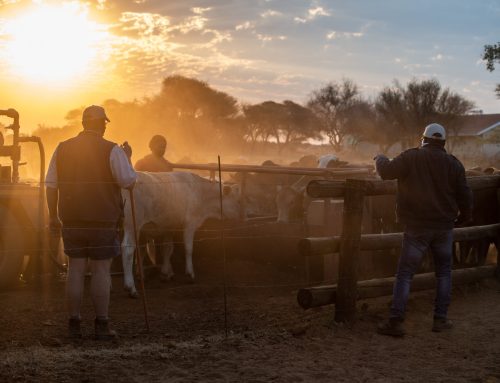There has been much fanfare recently around the highly anticipated African Continental Free Trade Agreement (AfCFTA), which started at the beginning of the year. Touted to boost intra-African trade through reduced or zeroed tariffs, it is regarded as presenting the local agricultural and agro-processing sectors with access to previously inaccessible markets and improved ease of access to the existing market.
“We welcome government’s commitment to this initiative’s implementation and being able to get it off the ground in a relatively short space of time,” says Roelie van Reenen, supply chain executive at Beefmaster Group, a leading specialist supplier of beef products to South Africa and global markets.
The Group has been calling for access to more markets to create opportunities on the global stage for South African beef to shine.
Agri players in South Africa have recently been urged by the government to seize opportunities provided by the agreement, given that it aims to eliminate 90% of tariffs on goods and services for inter-continental trade, and projections suggest that it could increase intra-African trade by as much as a third.
However, van Reenen says that there are still a few elements that need to be better understood before the beef industry can successfully leverage the agreement to its benefit.
“AfCFTA is well positioned to unlock positive spin off for South Africa and the agri-sector, but
we need a more robust and practical plan as to how the picture can look before deep-diving into opportunities,” says van Reenen. “We are keen to see what the opportunity is, and how we will be able to benefit from the deepened trade and open supply chain with the continent.”
He adds that although AfCFTA may soon become part of the country’s operating environment, the Group is cautious to jump in headfirst as it may introduce both threats and opportunities to the country’s stance around imports and exports.
Approximately 5% of South Africa’s beef supply is being exported, which clearly indicates that there is an opportunity for the country to grow its beef exports into new markets.
“But there are barriers we have to overcome,” says van Reenen. “Barriers have been
created by borders, high tariffs, policies and regulation, and political unrest, but if the AfCFTA can be successfully implemented by addressing these barriers, the challenges of trading with the rest of Africa could be considerably less.”
Further complicating the potential increased supply in beef exports to African territories, he says that South Africa, together with some of the country’s neighbours like Namibia and Botswana, is in a “herd-rebuilding phase” following an extended drought period.
“Cattle production figures are down across sub-Saharan Africa, but we are well on our way to make a recovery and build our herds. Following good rains, South Africa is on track rebuild our national herds by 2022,” says van Reenen, adding that it remains to be seen whether SA can both build capacity and increase the supply of quality beef.
The opportunity with the agreement he says, is to get more small-scale farmers to grow their ventures.
“Even if farmers do not have the scale or ability to trade on the African stage, they can seek recognised supply networks, or experienced partners, to help them reach the scale necessary to take advantage of such opportunities provided by the AfCFTA,” concludes van Reenen.






